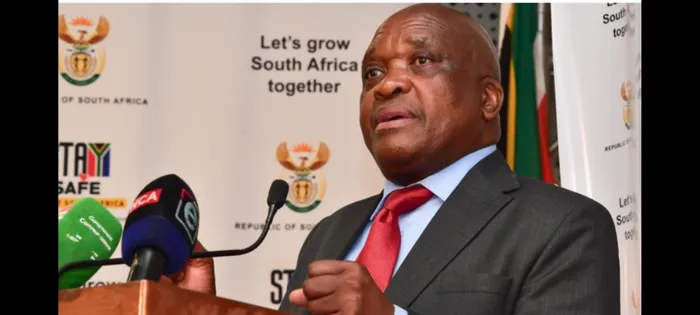Unemployed doctors to be placed at public hospitals by April 1

Health Minister Dr Joe Phaahla announced this week that unemployed doctors would be placed in public hospitals by April 1.
Last week there was a public outcry over doctors who have completed statutory community service programmes but remain unemployed.
There are 825 doctors who are unable to find posts. Health Minister Dr Joe Phaahla said budgetary constraints made it difficult to fill vacant posts. However on Wednesday (February 14), Minister Phaahla announced that government is working to ensure that unemployed doctors, who want to join the public service, are placed in jobs by April 1, this year.
https://yourethekwini.co.za/news/more-than-800-doctors-across-the-country-cannot-find-jobs-73519b0e-8ad8-4b65-97a3-6526a4683f72He said in parliament that he was happy to announce that working with the Minister of Finance, they have come up with a solution to address the current challenge of doctors who want to stay in the public service but could not be offered funded posts. Mr Phaahla said the Finance Minister Enoch Godongwa will flesh out more details on this during his Budget Speech next week, on how these posts will be funded.
“Our national team is working with the National Treasury team to thrash out the details. We are also working with provincial health departments to speed up the process so that by April, all those who have been appointed can get to work,” said Mr Phaahla
He added that he was confident that some provinces will even be able to start giving out appointment letters before April 1. He told parliament that over the last 15 years, government has ramped up the training of doctors both in the local universities and the Nelson Mandela Fidel Castro programme in Cuba. The number of graduates, according to Minister Phaahla, has almost doubled over the last 10 years, from 1 338 graduates who entered the internship programme in 2014 to 2 210 this year.
“The medical profession is key in the multidisciplinary teams and that is why we are doing everything to retain as many doctors, nurses, physiotherapists and other members of the teams in the public health system,” he said.
He added that the Department of Health was committed to working with the medical association and the trade union to look at more opportunities for doctors including offering primary health services in the community as the state prepares to implement the National Health Insurance (NHI).
He said that the government interventions are laying the foundation for the implementation of the NHI. Minister Phaahla thanked members of the National Assembly and the National Council of Provinces (NCOP) who passed the Bill in June last year.
The NHI Bill seeks to provide universal access to health care services in the country in accordance with the National Health Insurance White Paper and the Constitution of South Africa. The NHI is a fund, paid by citizens taxes, said the minster. With the NHI the government will buy health care services for citizens who live in the country from health care providers in the public sector and private sector. People can go to a doctor or clinic who have a contract with NHI and don’t have to pay from their pockets.
As stated in the Bill, the minister said the NHI will be implemented in two remaining phases from 2024 to 2026, while between 2026 and 2028 government will focus on establishing the Board and CEO and several key committees of the NHI Fund. He said they are confident that the innovative funding of infrastructure, as stated by the president, will also contribute to health facilities.